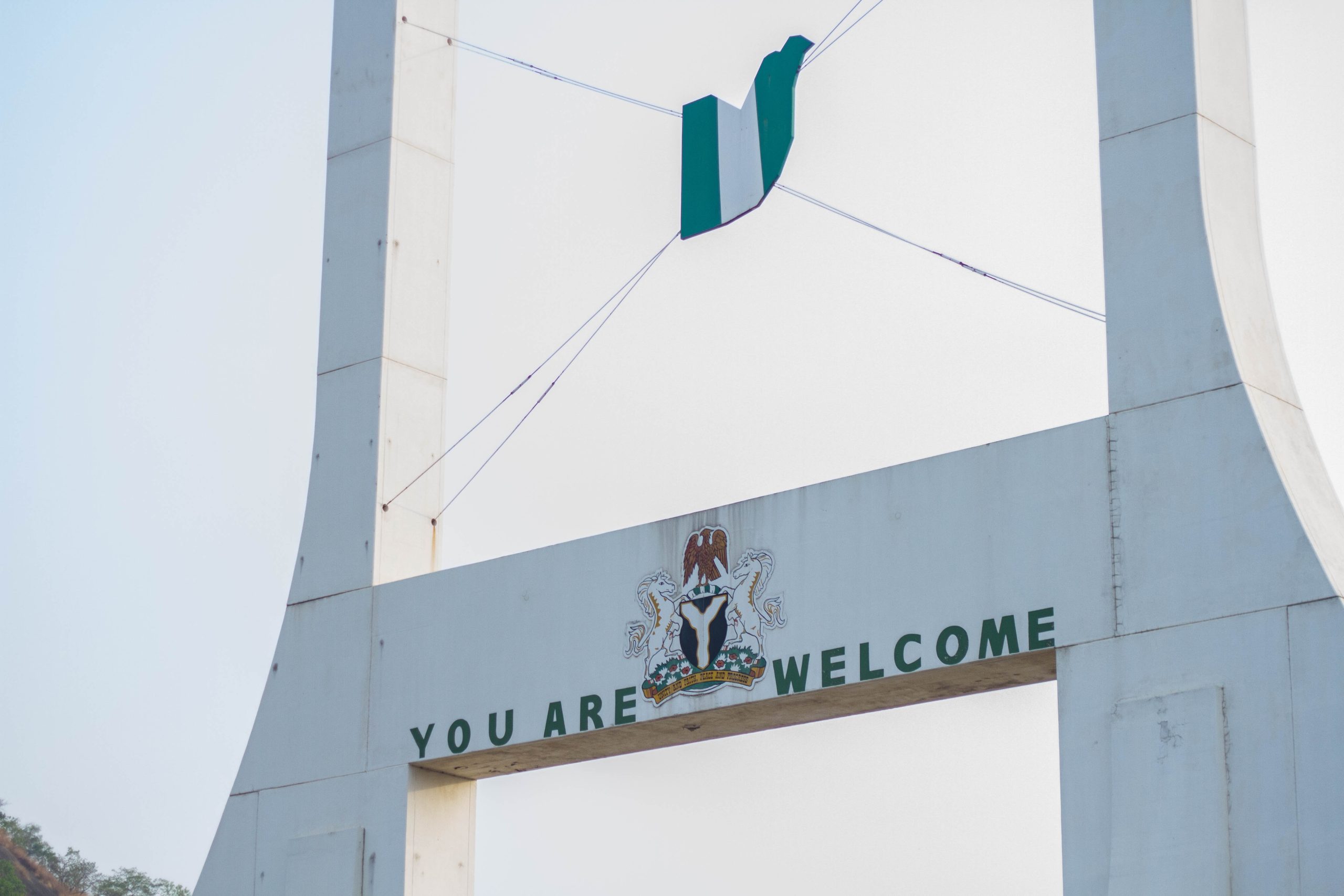
Willie R. Tubbs, FISM News
[elfsight_social_share_buttons id=”1″]
Dozens of Christians have been murdered in the Nigerian state of Benue since the end of a nationwide election, the latest in an alarming trend of persecution against believers in the African nation.
The Catholic New Agency, citing a local diocese, reports Fulani men, a Nigerian people who are predominantly Muslim, carried out attacks that were so vicious and persistent that members of the Christian clergy and staff were forced to evacuate.
It is unclear precisely how many Christians died, and even less clear how many have been affected, but it appears numerous assailants have been emboldened by the results of an election in which an all-Muslim presidential ticket prevailed.
Some within the Christian faith speculate that the violence might be state-backed.
“We keep wondering how ordinary herders can lay their hands on military gear,” Father Remigius Ihyula, director of the Justice and Peace Commission (JPC) of the Catholic Diocese of Makurdi, said. “The only possible scenario is that they are getting help from the authorities.”
He added, “As I speak to you, there are ongoing attacks in several places. An eyewitness called me on the day of the elections [Feb. 25] informing me that people were being slaughtered in Tyopav village. Then more attacks were reported from Anwase village. The reports of attacks kept coming.”
As Ihuyla’s words suggest, the situation for Nigerian Christians has become dire.
The International Society for Civil Liberties and Rule of Law estimates that more than 3,000 Christians were murdered in Nigeria in 2021, a dramatic increase compared to recent years.
At least 10 priests and pastors were included in that number.
“The number of defenseless Christians hacked to death by Nigeria’s Islamic Jihadists and their collaborators in the security forces in the past 200 days, or 1st January to 18th July 2021, has risen to no fewer than 3,462, and this is just sixty-eight deaths less than the total deaths of Nigerian Christians in 2020, which the Open Doors’ World Watch List of Persecuted Christians put at 3,530,” the society writes.
Last week, the National Catholic Register reported in more detail about a priest and 10 parishioners who were kidnapped in Nigeria’s Kudana state, again by Fulani assailants.
“I stood there confused, not knowing what to do, as I felt completely lost. There was a knock on the door. My legs went cold and my body stiff. I was sweating profusely,” Father Awesuh recalled. “They broke down the door and forced themselves inside. One of the men pushed me to the floor, tied me up, and flogged me mercilessly.”
The priest described a fear so gripping as to limit his ability to pray.
“I couldn’t pray because of the shock I was in,” he said. “Whenever I opened my mouth to pray, words failed me. All I could say was ‘Lord, have mercy.’”
Sadly, Father Awesuh’s story is not novel. Murders and kidnappings are a regular occurrence across Nigeria.
On Saturday, the Christian Post reported that a Baptist preacher’s son was murdered while his wife and three members of his congregation were kidnapped in Kaduna.
Peter Mukaddas, vice chairman of the Kahugu National Development Association, said the most recent murder-kidnapping occurred during a raid by bandits, the religious affiliation of whom was not yet known.
“We are appealing to the government and security agencies to swing into action as soon as possible to ensure our loved ones are rescued alive,” Mukaddes said. “ We are fervently praying to God to touch their hearts so that they can see the wisdom to release them.”
Stories of this nature inevitably leave Christians in the West wanting to help but feeling mostly helpless in the face of wanton oppression thousands upon thousands of miles away.
However, there is a direct avenue through which we can all make an effort: fervent and persistent prayer.
To that end, Global Christian Relief, an organization whose primary aim is supporting oppressed Christians worldwide, has offered 10 ways believers can focus their prayers on behalf of their brothers and sisters in Nigeria.
